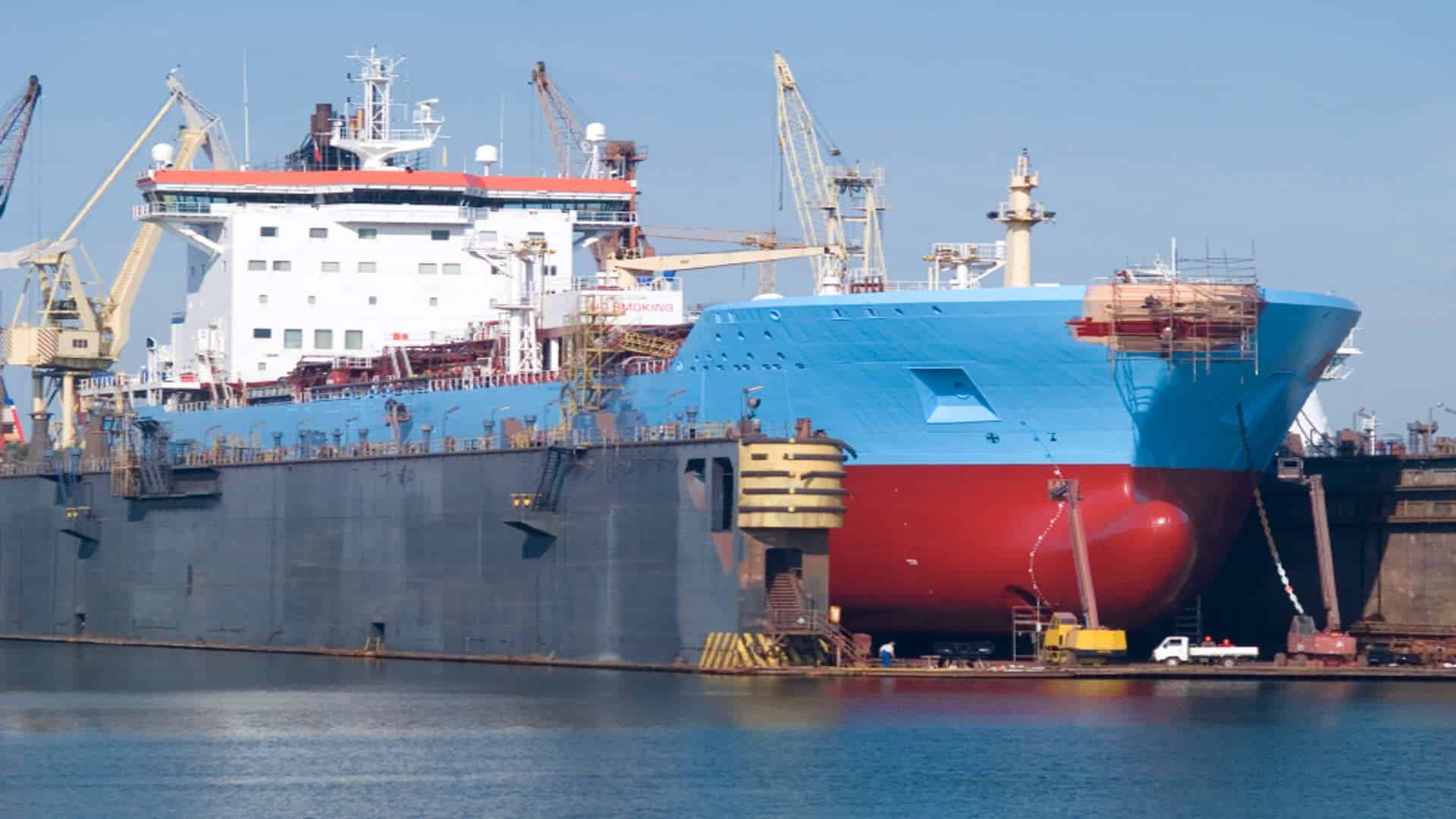Korea, India Partner to Merge Shipbuilding Strengths

India is actively seeking to enhance its shipbuilding capabilities through collaboration with South Korea, a country renowned for its advanced maritime technology. T.K. Ramachandran, a deputy minister from India’s Ministry of Ports, Shipping and Waterways, highlighted the potential benefits of this partnership during a recent interview. As India aims to elevate its shipbuilding industry from its current global ranking to a top-five position by 2047, the need for technological support and skilled workforce is more pressing than ever.
Strategic Goals for Shipbuilding Growth
India currently ranks among the top 20 shipbuilding nations and is determined to expand its fleet from approximately 1,500 vessels to 2,500 by 2047. This ambitious plan includes replacing aging leased ships with domestically constructed vessels. The Indian government has set a target to increase the share of “Made in India” ships to 7% by 2030 and to a significant 60% by 2047. According to the Korea Trade-Investment Promotion Agency (KOTRA), the Indian shipbuilding market was valued at around $1.12 billion last year, with projections indicating a surge to $8 billion by 2033.
Ramachandran emphasized that collaboration with established shipbuilding nations like South Korea and Japan is crucial for achieving these goals. He pointed out that while India has a wealth of manpower, it lacks the necessary construction capabilities, technology, and training systems. By forming a complementary partnership, India can leverage its workforce alongside South Korea’s technological expertise. Last year, Ramachandran visited South Korean shipyards, including Hanwha Ocean and Samsung Heavy Industries, to discuss technology transfers and potential investments, signaling a proactive approach to fostering this bilateral cooperation.
National Security and Economic Resilience
Beyond economic aspirations, India’s focus on enhancing its shipbuilding industry is also tied to national security. Ramachandran noted that global crises, such as the COVID-19 pandemic and geopolitical tensions like the Russia-Ukraine war, have exposed vulnerabilities in international shipping. He highlighted how freight rates surged dramatically during these events, underscoring the need for a robust domestic fleet to mitigate risks associated with global market volatility.
Securing a national fleet is not just a commercial strategy but a strategic imperative for India. This perspective aligns with global trends, as countries like the United States also recognize shipbuilding as a vital security asset. Ramachandran stated, “Building, owning, and flagging ships is not only commercially rational but strategically essential.” As India embarks on this journey to strengthen its maritime capabilities, the collaboration with South Korea could prove pivotal in achieving its long-term objectives.
